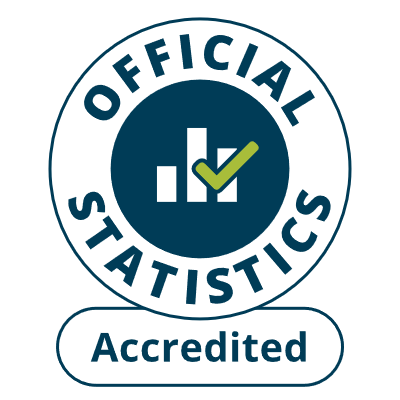
 Local bus journeys (actual and projected) by year - not updated
Local bus journeys (actual and projected) by year - not updated
None
|
|||||||||||||||||||||||||||||||||||||||||||||||||||||||||||||||||||||||||||||||||||||||||||||||||||||||||||||||||||||||||||||||||||||||||||||||||||||
Metadata
- High level information
- Statistical quality information
- Keywords
- Weblinks
- Summary information
- Open Data
Title
Local bus journeys (actual and projected) by yearLast update
February 2018Next update
February 2019 (Provisional)Publishing organisation
Welsh GovernmentSource 1
Public Service Vehicle Survey, Department for TransportContact email
stats.transport@gov.walesDesignation
National StatisticsGeographical coverage
WalesLanguages covered
English and WelshData licensing
You may use and re-use this data free of charge in any format or medium, under the terms of the Open Government License - see http://www.nationalarchives.gov.uk/doc/open-government-licenceStatistical quality
The PSV survey uses imputation techniques to derive key figures for operators who were either not selected in the sample for that year, or who did not respond. On occasion, imputations for earlier years can be improved using directly-reported data for later years. Minor revisions to back-data can occur as a result, although trends are rarely affected substantively.For the key indicators (passenger journeys and vehicle miles operated) the data provided by operator’s covers around, or above, 90 per cent of the total figure, with the remainder imputed. Comparison with other sources suggests that, at aggregate (Great Britain) level, the statistics are likely to provide a reasonably robust measure of levels and broad trends.
However, figures representing smaller groups of operators and single year on year changes should be treated with caution as these are more susceptible to measurement errors (for example, an inaccurate return by an operator, or a change in an operator’s method of producing the figures required) which are more likely to even out at the national level. Regional, and particularly local authority, level figures should be interpreted with caution







 Actual journeys
Actual journeys